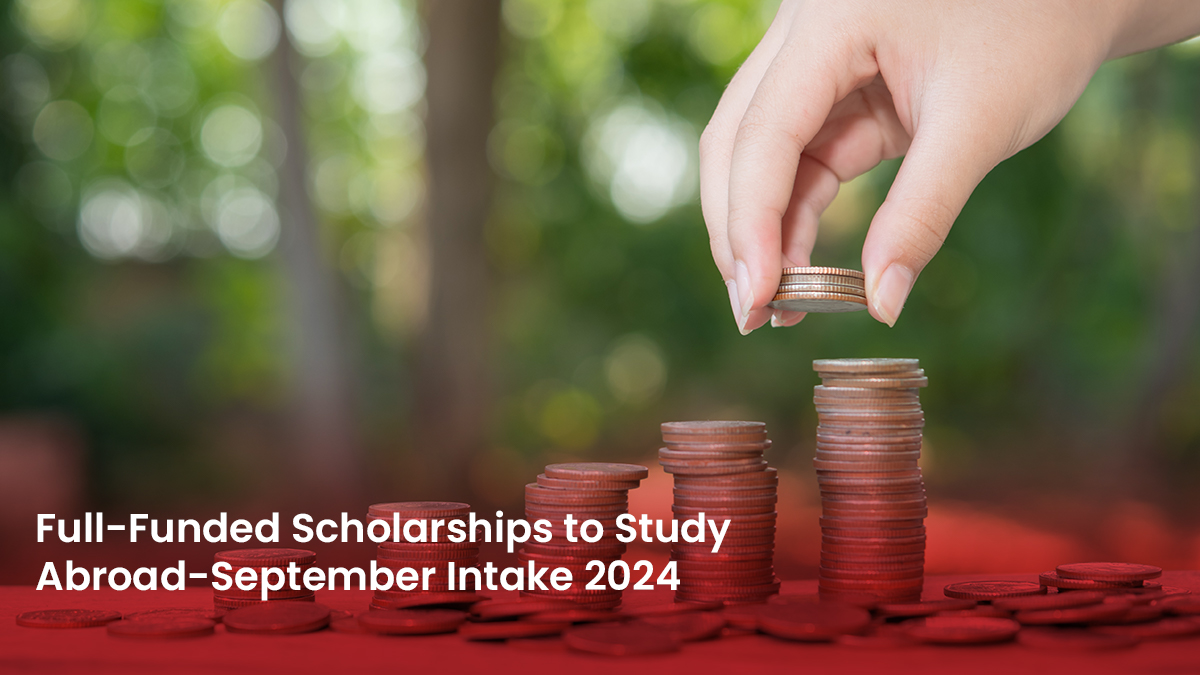Thinking of opening a bank account in the UAE? Here’s a quick guide on how to do it, and some things to consider before opening one.
Considerations Before Opening a Bank Account
Before you proceed to open a UAE bank account, you can go through these questions first.
Do I Need a Bank Account?
The answer depends on how long you will be staying in the UAE. For example, if you will only stay there for a couple of weeks or two months, then opening a bank account won’t be necessary, as you probably won’t have much use for it. You can apply for a travel card, or use a credit card such as a Visa or Mastercard that is widely accepted in most UAE establishments, especially in Dubai.
On the other hand, if you’re planning to stay in the UAE for at least one year, then you must open a bank account, as it can make your daily life in the UAE easier.
Why Should I Open a Bank Account in the UAE?
There are many benefits to opening a bank account in the UAE—and probably one of the most important benefits for many international students is saving money.
In fact, a UAE bank account will make doing local purchases easier because you won’t have to think much about converting your home country’s currency to UAE’s currency. Also, when you withdraw money from the ATM, you don’t have to worry about the exorbitant foreign fees most banks require from a foreign bank.
Moreover, if you have plans to work in the UAE while studying and after graduation, it would help to open a bank account to easily get your wage. Moreover, a student bank account in the UAE will usually include some benefits such as not having a minimum balance requirement, free debit cards, and discounts on establishments, such as watching a movie.
What are the Types of Bank Accounts I Can Open in the UAE?
There are two types of accounts students can open while studying abroad in the UAE: a current account or a savings account.
A current account is good for everyday transactions, such as depositing and withdrawing your money, paying for local purchases, and other regular transactions such as paying your rent, tuition fees, utilities, and so on. If you’re employed, you can also make use of your current account to get your salary. Moreover, current accounts come with checkbooks, making it easier to issue post-dated checks when paying your rent.
A savings account is useful for international students planning to stay in the UAE for a long time, or those planning to work in the UAE even after graduation, as it can bring you a high-interest rate when you save for a long time.
However, unlike a current account, it is difficult to access your money through this account. In fact, many banks include penalties when you withdraw your money.
Opening a Bank Account
After deciding on whether you should open a bank account or not, you must keep in mind that before you can open a bank account, you need to have an Emirates ID first. It’s a national ID card that international students receive after processing their residency student visa.
Aside from your emirates ID, other documents needed when opening a bank account are the following:
- Passport
- Proof of residency
- Money to deposit if needed
After passing the requirements above, you only have to wait for the bank’s notification of you successfully opening an account.
Having a bank account in the UAE makes it easier to manage your budget even while as a student. To help manage and budget your money, it would also help to have prior knowledge of the cost of living in the UAE, even before your trip there. To learn more, check out MSM Unify’s article on How Much Does It Really Cost To Study in the United Arab Emirates?














































